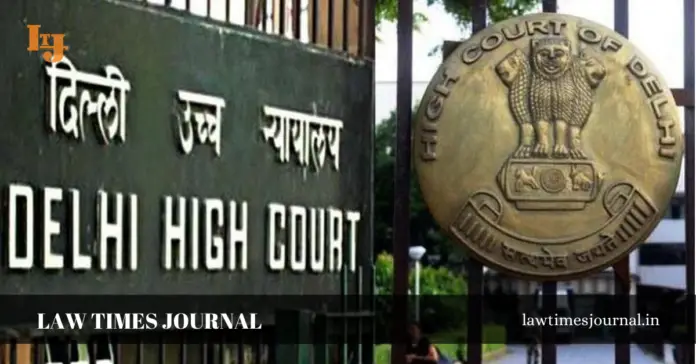
As per the Delhi High Court, the release of an accused on bail concerning a criminal matter in India is not sufficient for extradition as long as the charge of being an accused continues. The judgment was delivered by Justice Pratibha M Singh while associating with an extradition plea of a Bulgarian National. The petitioner is presently locked in an Indian prison, intimated the Central Government to expedite his extradition to his country.
The petitioner viewed that section 24 of the Extradition Act permitted a person to be extradited upon an enquiry by the Additional Chief Metropolitan Magistrate under section 5. He also added that this calls for an immediate discharge if sufficient cause on the same is absent. More on this, the Central Government, holding hands with section 31(1)(d), said that the person is not permitted to be discharged or to travel unless he is acquitted, or the sentence granted stands expired.
Further, the Court stated that the process of extradition is administrative and judicial. And it is always the latter that is stuck with the actions taken by the former. It also added that extradition means that the fugitive is handed over to the foreign country by the State where currently placed. But it does not mean that the same runaway, when accused of a crime, is left to breathe fresh air.
Lastly, as per the law accompanying the three pending FIRs, the proceedings against the accused are not concluded and he has not discharged. To this, the accused was not permitted extradition. With this, the petition was dismissed.








